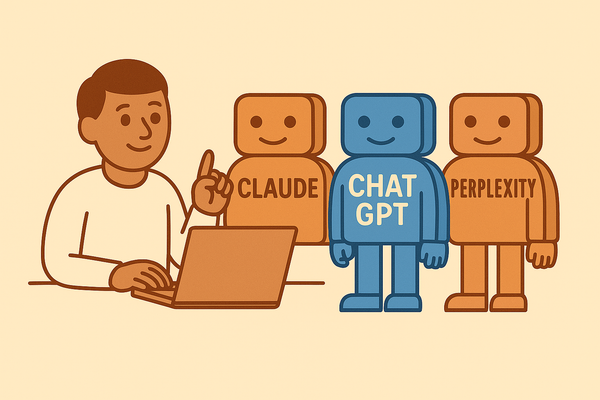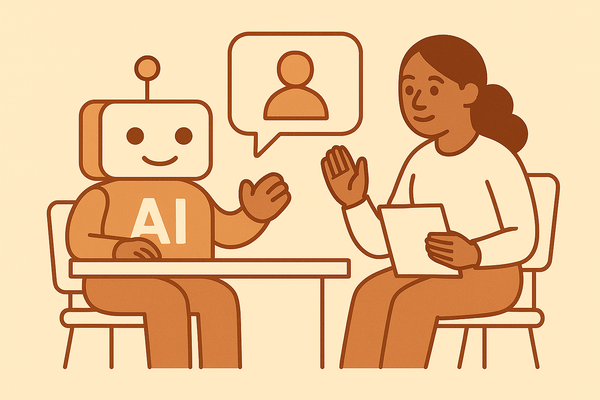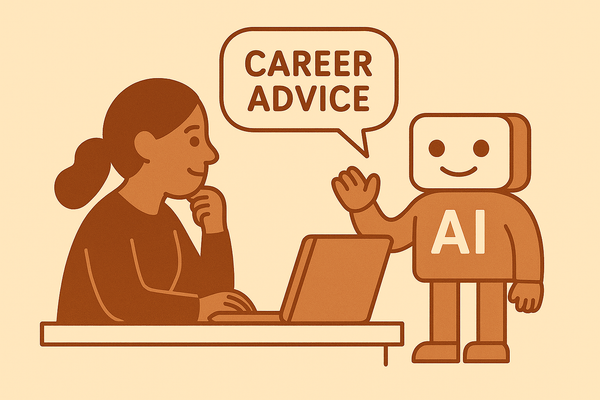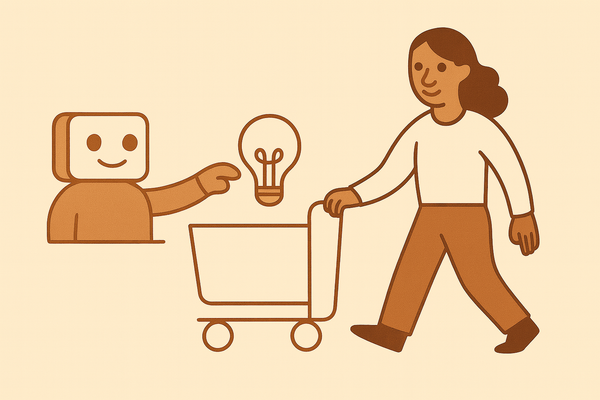Stop Calling Them Soft Skills
The skills that will actually matter in an AI world.
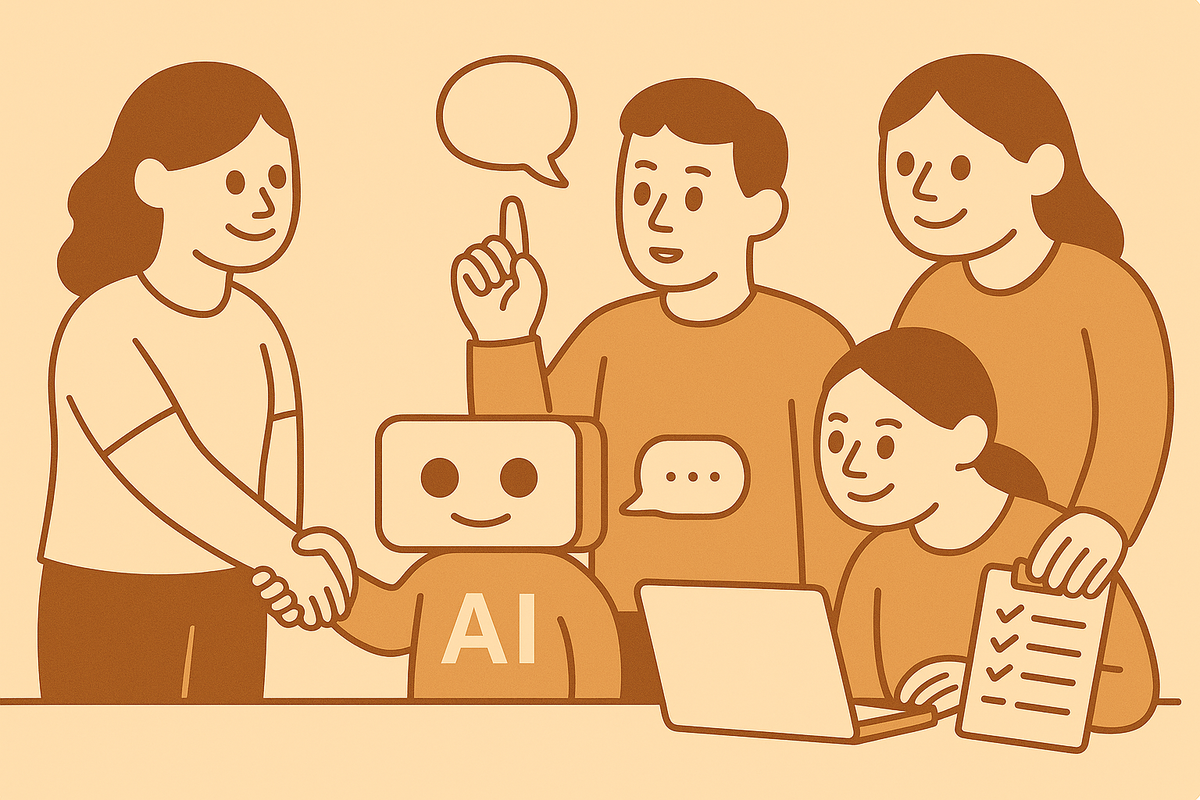
We need to stop calling them "soft skills."
Not because they don't matter. Because they're about to become the most valuable skills you can have.
I've written before about skill stacking. How your unique combination of skills becomes your competitive advantage. But I've been thinking about something else lately.
For decades, we've split work skills into two buckets. Hard skills and soft skills. Hard skills were the serious ones. Data analysis. Technical knowledge. Process optimization. Soft skills were everything else. The nice-to-haves.
That framework is about to flip completely.
New research from Stanford looked at this question directly.
What the Research Actually Shows
Stanford surveyed 1,500 workers across 104 different occupations. They wanted to understand something specific: what tasks do people actually want AI to handle versus what they want to keep doing themselves.
Not what experts think should happen. What workers themselves prefer.
The results are pretty striking.
Skills like data processing, research synthesis, and information analysis are highly paid today. Makes sense. But here's what's interesting. These skills don't show up much in work that requires what the researchers call "high human agency." Work where humans need to stay involved as AI capabilities advance.
Meanwhile, what we've been calling "interpersonal" and "organizational" skills show up constantly in high-agency tasks. Reading people. Navigating competing priorities. Coordinating resources. Making judgment calls when the information is incomplete or conflicting.
So the whole framework is flipping. Reading a room isn't a soft skill anymore. Making decisions when the data conflicts isn't soft. Knowing when to push back and when to go along isn't soft. Sensing when someone says they're "fine" with a decision but clearly isn't.
These are becoming the hard skills of the AI era.
What This Actually Looks Like
Think about two people in similar roles. One can build sophisticated dashboards and run complex analysis. The other knows which metrics actually matter to different stakeholders and how to present findings in a way that drives action instead of more meetings.
The technical capabilities don't become worthless. They become most valuable when applied to human problems that data alone can't solve.
I've experienced this shift myself. The technical skills I built early in my career didn't disappear. But they became most powerful when I started applying them to the human complexity around the work, not just the work itself.
How to Think About Your Own Stack
Here's something to try. Look at your current work and ask yourself: How much of my value comes from analyzing and organizing information versus navigating human complexity?
Be honest about it. How much of your time goes to analysis, research, writing reports, managing data? And how much goes to reading between the lines in meetings, coordinating between people who don't work well together, making judgment calls when there's no clear answer?
If you're heavy on the analysis side, you're not behind. You just need to rebalance. Take the problem-solving skills you already have and start pointing them toward challenges that require human navigation.
This isn't about abandoning your technical capabilities. It's about applying that same rigor to the messy, complex, irreplaceable work of getting things done with and through other people.
Your Next Move
Here's something concrete you can try this week.
Pick one situation at work that involves people being people. A project that's stuck for reasons that aren't technical. A decision that everyone keeps avoiding. A relationship between teams that feels strained. A process that works on paper but somehow never works in practice.
Instead of looking for more data or a better system, ask: What's the human dynamic I'm missing here?
Maybe it's understanding what different stakeholders actually care about versus what they say they care about. Or reading the subtext in how people respond to ideas. Or figuring out the real reason someone keeps pushing back on something that seems obviously beneficial.
Start there. Take the analytical thinking that made you valuable and point it toward the human puzzle that information alone can't solve.
Because the future isn't going to belong to people who are best at analyzing data or building the most efficient systems. It's going to belong to people who can navigate human complexity, make judgment calls in messy situations, and turn insights into action in the real world.
Those aren't soft skills. They're the hardest skills there are.
And they're about to become the most valuable ones too.

